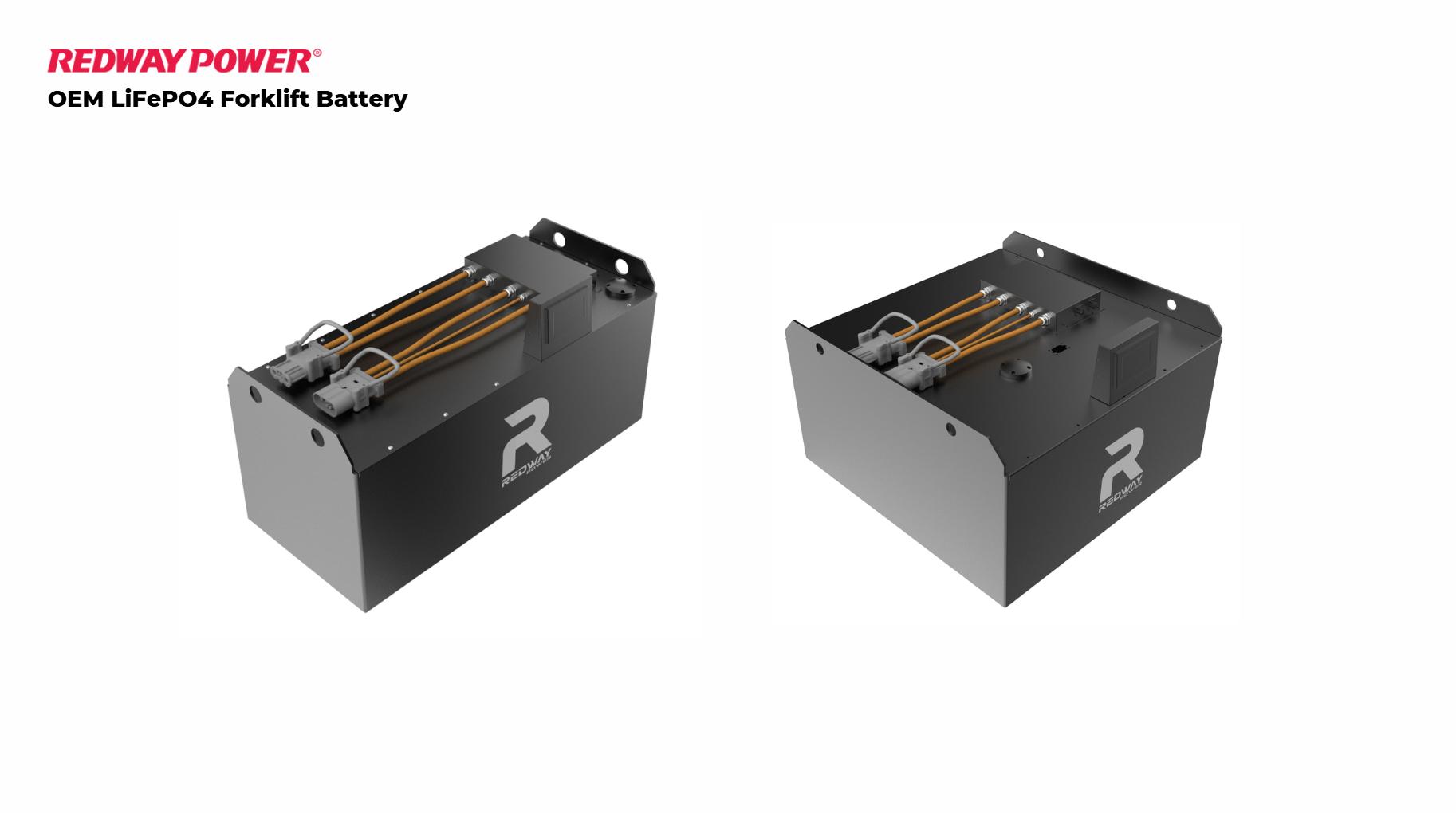
Which LiFePO4 Battery Is Right for You?
When choosing between battery types, understanding the differences between LiPo (Lithium Polymer) and LiFePO4 (Lithium Iron Phosphate) batteries is crucial, especially for applications like electric vehicles, drones, and renewable energy systems. This article compares these battery types, reviews the top 10 LiFePO4 batteries, and discusses brands like Kepworth and Felicity.
What Are the Key Differences Between LiPo and LiFePO4 Batteries?
The key differences between LiPo and LiFePO4 batteries include safety, energy density, and lifespan. LiFePO4 batteries are safer and have a longer cycle life (up to 6,000 cycles) compared to LiPo batteries (500-1,000 cycles). Additionally, LiFePO4 has a lower energy density (90-120 Wh/kg) than LiPo (150-200 Wh/kg), making it less compact for high-power applications. The primary differences between LiPo and LiFePO4 batteries lie in their chemistry, safety, and performance characteristics:
- Chemistry:
- LiPo batteries use a polymer electrolyte, allowing for flexible shapes but posing higher risks of swelling and fire.
- LiFePO4 batteries utilize lithium iron phosphate, offering enhanced thermal stability and safety.
- Cycle Life:
- LiFePO4 batteries typically last longer, with up to 2000-8000 cycles compared to 300-500 cycles for LiPo batteries.
- Weight:
- LiPo batteries are generally lighter, making them suitable for applications where weight is critical.
Chart: Comparison of Battery Types
| Feature | LiPo Battery | LiFePO4 Battery |
|---|---|---|
| Safety | Moderate to Low | High |
| Cycle Life | 300-500 cycles | 2000-8000 cycles |
| Weight | Lighter | Heavier |
What Are the Top 10 LiFePO4 Batteries?
The top 10 LiFePO4 batteries offer a range of capacities and features suitable for different applications:
- Battle Born 100Ah 12V GC2
- Renogy 12V 100Ah Smart Lithium Battery
- AIMS Power 12V 100Ah Lithium Battery
- Victron Energy Smart Lithium Battery 12V/100Ah
- Lion Energy Safari UT 1300
- KiloVault HAB Series (48V)
- NPP NPL Series (12V)
- Ampere Time Lithium Battery (12V/100Ah)
- Dakota Lithium 12V 54Ah
- Kepworth Lifepo4 Battery (various capacities)
How Do Kepworth and Felicity LiFePO4 Batteries Compare?
Kepworth and Felicity LiFePO4 batteries differ primarily in capacity, build quality, and price points. Kepworth batteries are known for their robust design and high cycle life, while Felicity batteries may offer competitive pricing with slightly lower performance metrics. Evaluating specific needs will help determine the best choice for your application. Both Kepworth and Felicity offer competitive options in the LiFePO4 battery market, each with unique features:
- Kepworth:
- Known for robust construction and reliability.
- Offers a variety of capacities, including high-capacity models.
- Felicity:
- Focuses on affordability without compromising quality.
- Popular among DIY enthusiasts for their ease of integration.
Where to Find Used LiFePO4 Batteries for Sale?
Used LiFePO4 batteries can be found for sale on platforms like eBay, Craigslist, or specialized battery retailers that offer refurbished products. Always ensure to check the condition, warranty, and seller reputation before purchasing used batteries to ensure reliability and safety. Finding used LiFePO4 batteries for sale can be done through several channels:
- Online Marketplaces: Websites like eBay or Craigslist often list used batteries.
- Local Classifieds: Check community boards or local online groups.
- Battery Retailers: Some retailers offer refurbished options at lower prices.
How to Evaluate Used LiFePO4 Batteries?
To evaluate used LiFePO4 batteries, check the overall physical condition for signs of damage or corrosion, verify the cycle count and remaining capacity through a battery tester, and inquire about the battery’s history including usage patterns and maintenance records to assess reliability. When considering used batteries, evaluate them based on:
- Condition: Inspect for physical damage or signs of wear.
- Cycle Count: Ask about the number of cycles completed; fewer cycles indicate better longevity.
- Warranty Status: Determine if any warranty is still applicable.
What Are the Advantages of Choosing LiFePO4 Over LiPo?
Choosing LiFePO4 over LiPo offers advantages such as enhanced safety with a lower risk of thermal runaway, longer lifespan (up to 6,000 cycles), better thermal stability, and lower self-discharge rates. These factors make LiFePO4 more suitable for applications where safety and longevity are critical. Choosing LiFePO4 batteries over LiPo batteries offers several advantages:
- Safety Profile: Lower risk of fire or explosion due to thermal stability.
- Longevity: Longer cycle life translates into lower replacement costs over time.
- Environmental Impact: More eco-friendly due to less toxic materials.
Expert Views on Battery Selection
“Selecting the right battery type is crucial for performance and safety,” states an industry expert. “LiFePO4 technology is particularly advantageous in applications requiring reliability over extended periods.”
Frequently Asked Questions About LiFePO4 and LiPo Batteries
- What is the lifespan of a typical LiFePO4 battery?
A typical lifespan ranges from 2000 to over 8000 cycles depending on usage and maintenance. - Can I mix different types of batteries?
It is advisable not to mix different types or chemistries in one system to avoid compatibility issues. - How do I know if my battery needs replacing?
Signs include decreased performance, longer charging times, or physical damage to the battery casing.
